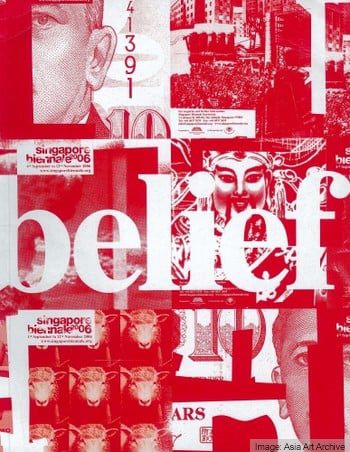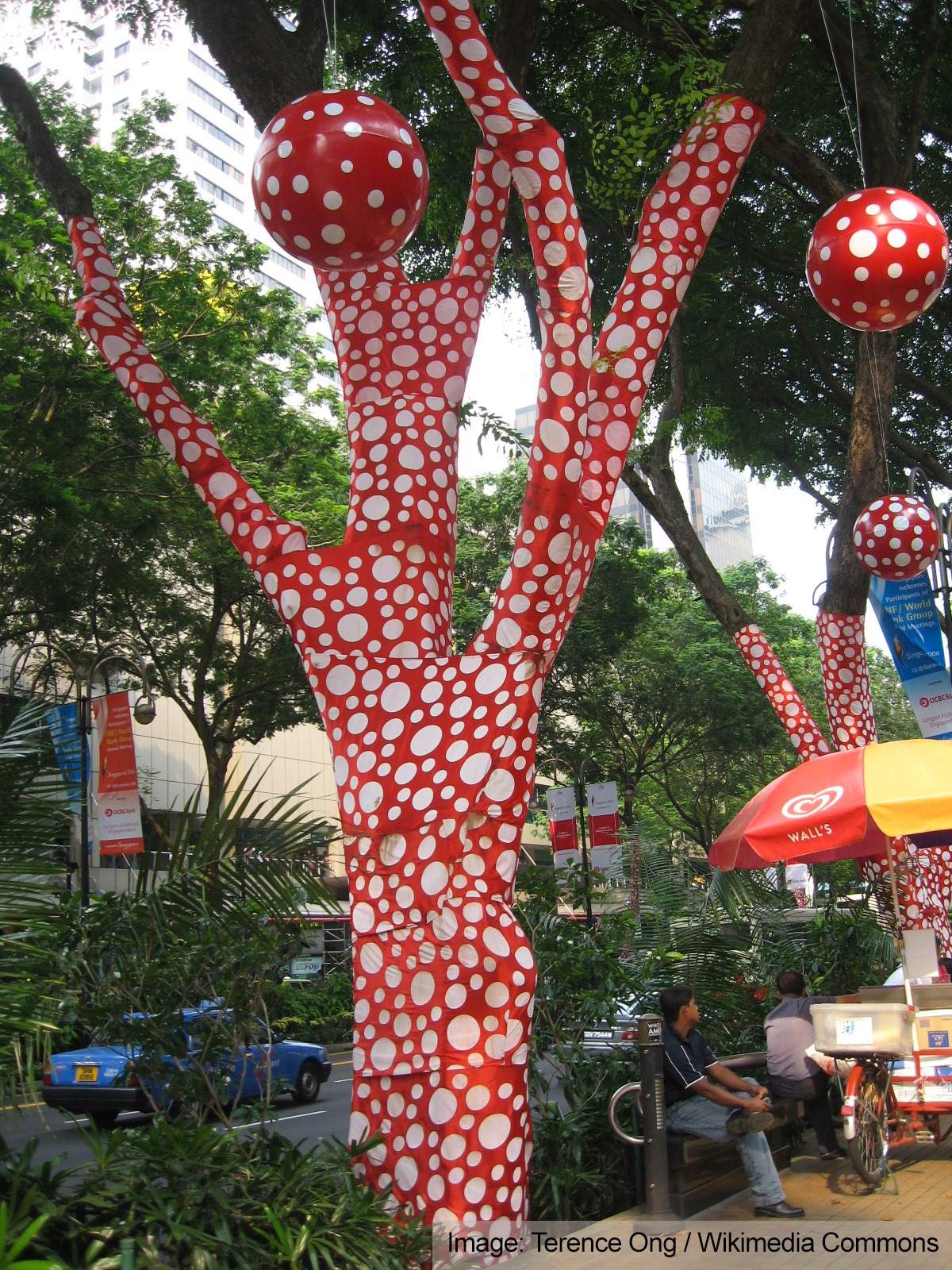Singapore's First Biennale
#OnThisDay in 2006 (4 Sep), the first Singapore Biennale opened to the public – an event that bloomed from seeds planted decades ago to transform Singapore from an industrial town into a global city for the arts.

Singapore had focused on solving problems of squalor, poverty, disease and security threats when our city was ejected from the Malaysian Federation in 1965. Artistic and cultural activities were low priorities in the decades after independence, until a landmark report was produced in 1989 by a committee led by then-DPM Ong Teng Cheong. It recognised the value of the arts and culture for our maturing nation, which international critics had dismissed as “sterile”.
 Significant effort and resources were then steered towards the arts, including S$1 billion to develop new and refurbished facilities, such as the Esplanade – Theatres on the Bay, the Singapore Art Museum, the Asian Civilisations Museum, and the National Museum expansions.
Significant effort and resources were then steered towards the arts, including S$1 billion to develop new and refurbished facilities, such as the Esplanade – Theatres on the Bay, the Singapore Art Museum, the Asian Civilisations Museum, and the National Museum expansions.
In 2000, the first of three Renaissance City Plans (RCP) was launched, inspired by traits Singapore had in common with cities that were cultural capitals in their time: Chang’an in Tang Dynasty China, Renaissance Florence, Paris in the 19th century, post-World War II New York. Like Singapore, they were global centres of trade, open to new knowledge and diversity in cultures, talent and ideas. And like Singapore, these capitals attracted affluent people, with excess income to spend on culture and the arts. The RCPs sought to nourish “an inquiring mind, an adventurous spirit and wide ranging abilities. Those qualities were responsible for the innovation, learning, progress and prosperity of those societies. We would want similar qualities in Singaporeans in order to meet the social and economic challenges of the new millennium.”
The same year that Singapore held our inaugural Biennale, we also hosted the 2006 International Monetary Fund and World Bank Meeting, attracting international recognition for our transformation from sterile to stellar, both in the realm of the arts as well as in the knowledge economy.
Since then, more Biennales have been organised, with the next to come in 2022. And Singapore has since joined the ranks of the world’s top five cities, in our continued effort to build a nation that inspires us.

